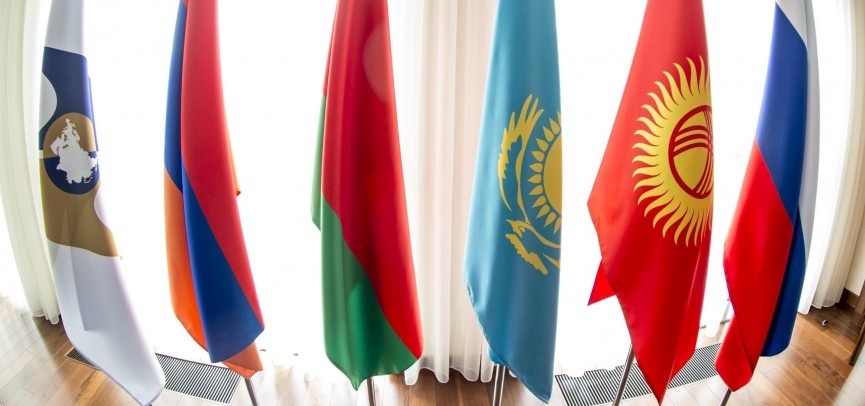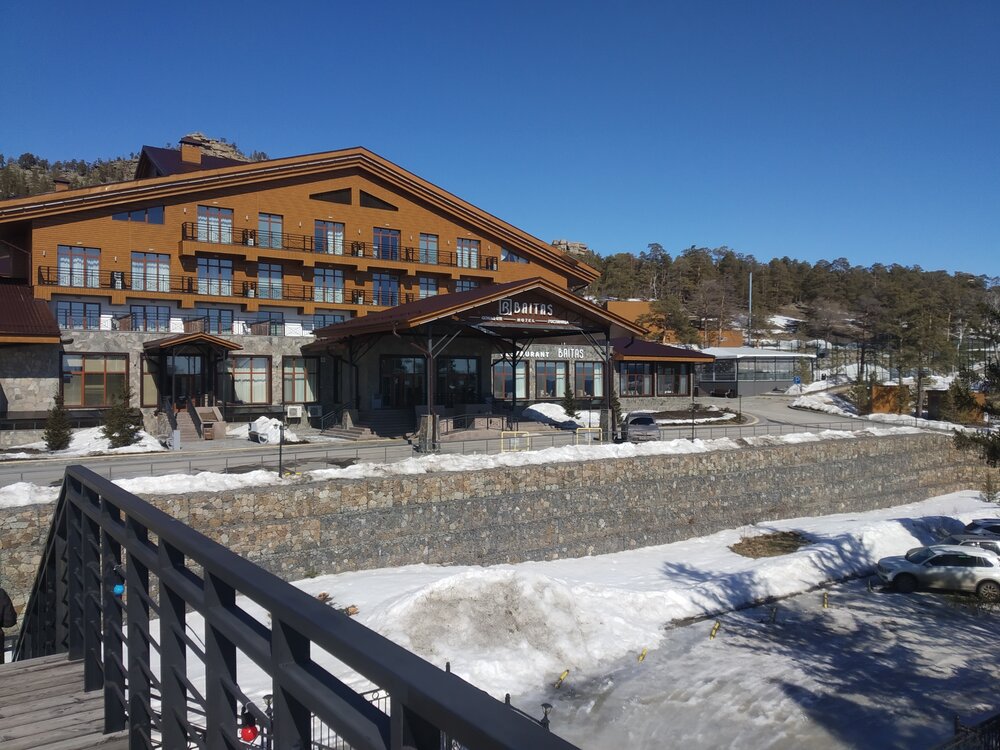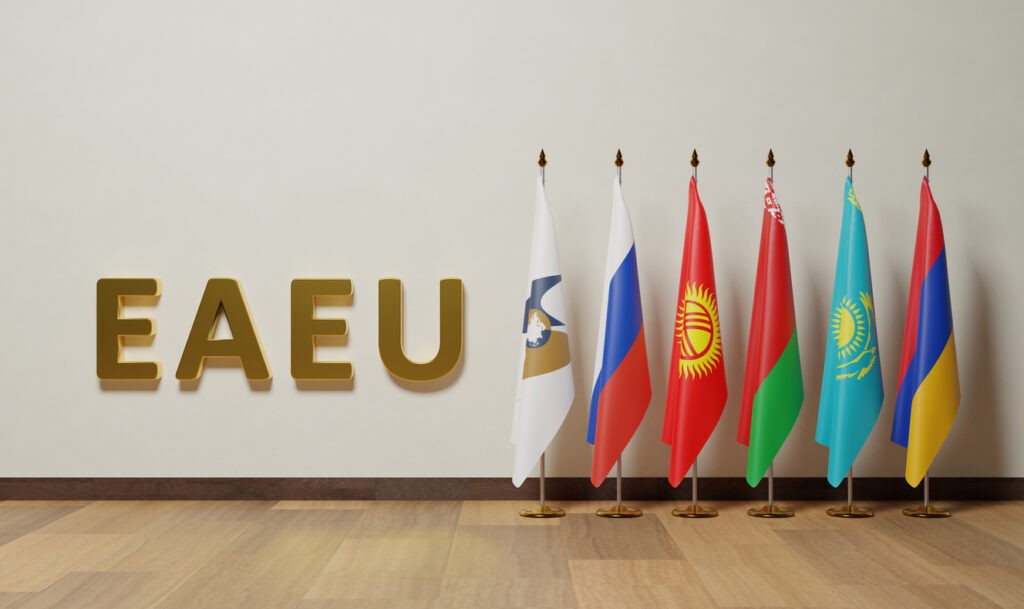BISHKEK (TCA) — Strategy for the future of the Eurasian Economic Union (EEU) was discussed during the St. Petersburg International Economic Forum held in Russia last week. It was emphasized that membership in the economic group is tangibly beneficial for economies of the EEU member countries — Armenia, Belarus, Kazakhstan, Kyrgyzstan, and Russia, the Roscongress Foundation reported.
“Integration is good for everyone: both larger and smaller economies. Integration is about free flow of capital, workforce, services, and goods. All member states, including Russia, benefit from that. Our goal is to further expand all these good sides of integration,” said Anton Siluanov, First Deputy Prime Minister and Minister of Finance of the Russian Federation.
“Integration is very important for our economies, and for Kazakhstan in particular, because it helps us create additional growth potential. Therefore, issues of Eurasian economic perspective are very relevant,” Alikhan Smailov, First Deputy Prime Minister and Minister of Finance of Kazakhstan, said.
“Joining the Eurasian Economic Union provided Kyrgyzstan with opportunities regarding workforce, capital and other economic processes,” said Zhenish Razakov, Vice Prime Minister of the Kyrgyz Republic.
However, the EEU has some internal problems, including bureaucratic and administrative barriers and insufficient integration.
“The formal part of decision-making takes, at least, a year, because everything in our union treaty is regulated, and we have to go through all those procedures. If we receive a comment from the expert level, we will waste, at least, two months, because we must stick to all formal procedures,” said Tigran Sargsyan, Chairman of the Board of the Eurasian Economic Commission (the EEU’s governing body).
“Insufficient integration is very bad, first and foremost, for our business. Business always emphasizes that building common markets is always associated with problems and limitations. This prevents us from feeling all the effects of integration,” Sargsyan said.
Protectionism is harmful to integration processes
“When governments protect national interests – it is protection of their manufacturers, their enterprises. We are not ready for free competition in our common market. National governments are always trying to help their manufacturers and introduce limitations that break the rules of forming our common market,” Sargsyan said.
“As for extending participation and free trade zone, we see here that our national interests are a great deal more important than integration interests. Let us take into account interests of our Union. We should match them against the interests of the country, but once we have entered integration, we have to compromise, make concessions to each other,” said Russia’s Siluanov.
“According to many experts we are mainly focused on internal competition between our countries, and what we are basically doing is pulling the rope,” Kazakh First Deputy Prime Minister Smailov said.
Expanding Eurasian Economic Commission authority in decision-making
“I think we are ready to entitle the Commission with decision-making authority. I think that our countries are ready to put more trust in the Commission,” Eurasian Economic Commission Chairman of the Board Sargsyan said.
“The Eurasian Economic Commission should have broader authority. Its level of responsibility should also rise,” Igor Petrishenko, Deputy Prime Minister of Belarus, believes.
“Very good and promising decisions are being made, but, unfortunately, the implementation is not perfect. Therefore, the powers of Eurasian Economic Union should be updated,” said Zhenish Razakov, Vice Prime Minister of Kyrgyzstan.
Expanding economic cooperation and new joint projects
“From the point of view of further prospect of development, we must focus on cooperation. We need large integration projects that would involve all our countries. The work in this area has already begun,” said Kazakhstan’s Smailov.
“We need more integration projects (like Airbus in the EU), so that every country feels involved in implementing these projects. And every country would have additional benefits and feel more engaged,” concluded Russian First Deputy Prime Minister Siluanov.









